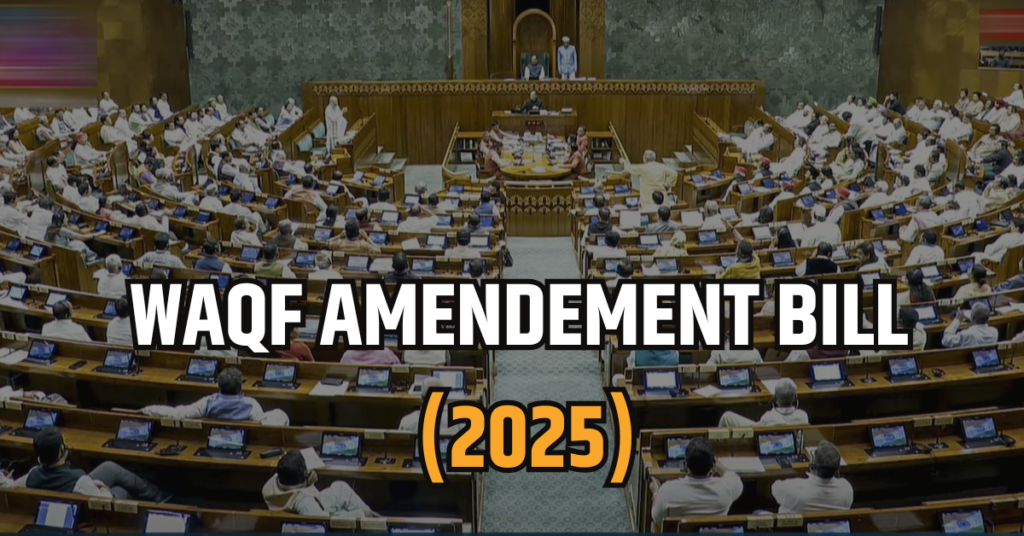New Delhi, April 2025 – The Waqf Amendment Bill, a contentious piece of legislation aiming to reform the governance of Waqf properties in India, has been passed by the Rajya Sabha, days after it cleared the Lok Sabha. With this, the bill has completed its parliamentary journey and is now set to become law following Presidential assent.
What the Bill Proposes
The Waqf Amendment Bill introduces several changes to the existing Waqf Act, which governs the administration of Muslim charitable endowments (waqf properties). Key provisions include:
Inclusion of Non-Muslim Members: The bill allows for the appointment of non-Muslim individuals to Waqf Boards, a move that has drawn sharp criticism from many quarters.
Increased Government Oversight: It gives broader powers to the central and state governments in resolving disputes regarding Waqf property ownership.
Transparency Measures: According to the government, the amendments are intended to curb mismanagement, improve transparency, and ensure better utilization of Waqf assets for public welfare.
Support and Opposition
The ruling Bharatiya Janata Party (BJP) has defended the bill, stating that it is aimed at bringing greater accountability in the functioning of Waqf Boards, which control thousands of properties and receive significant donations.
Minority Affairs Minister, while tabling the bill in the Rajya Sabha, said:
“This is not a move against any community. It is a reform aimed at stopping corruption, encroachments, and political manipulation of Waqf properties.”
However, the bill has been strongly opposed by several opposition parties, including the Congress, Trinamool Congress, AIMIM, and others, who claim the bill infringes on Muslim community rights, undermines religious autonomy, and may lead to the seizure of Waqf lands under the guise of reform.
Asaduddin Owaisi, MP from AIMIM, said:
“This bill is unconstitutional. Waqf properties are religious in nature and cannot be regulated in this manner by including people who do not belong to the faith.”
Protests and Public Response
In various parts of the country, Muslim organizations and civil society groups have held protests against the bill, calling it an “attack on religious freedom” and a step toward state control of minority institutions.
Human rights activists and legal experts have also raised concerns, warning that the bill may not withstand judicial scrutiny if challenged in the Supreme Court.
What’s Next?
With both Houses of Parliament approving the bill, it now awaits the President of India’s assent to become an Act. Once enacted, the new law will override several provisions of the current Waqf Act, 1995.
Legal experts suggest that multiple Public Interest Litigations (PILs) may soon be filed challenging the constitutional validity of the bill.


